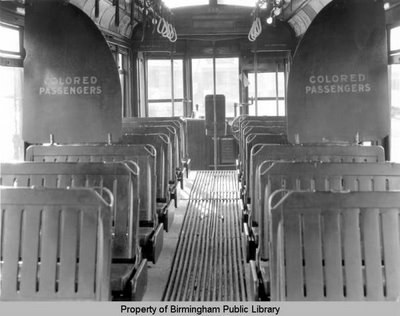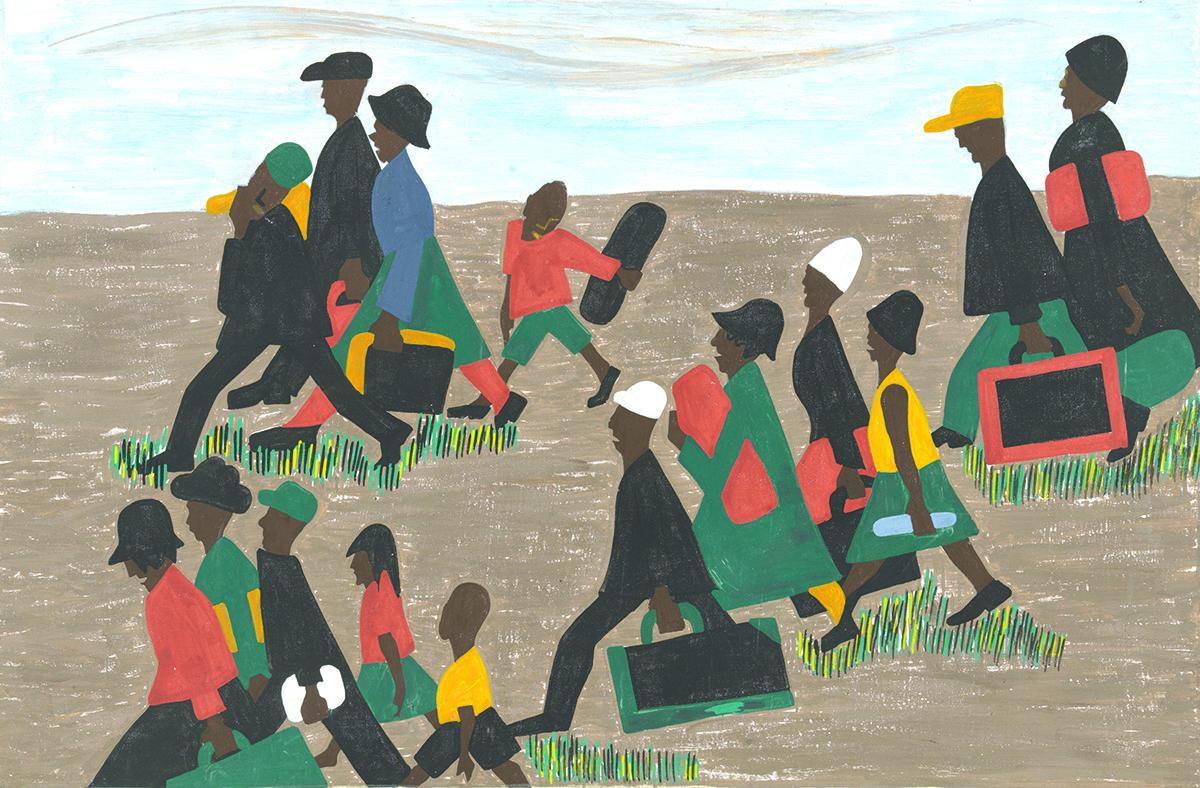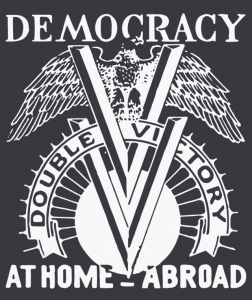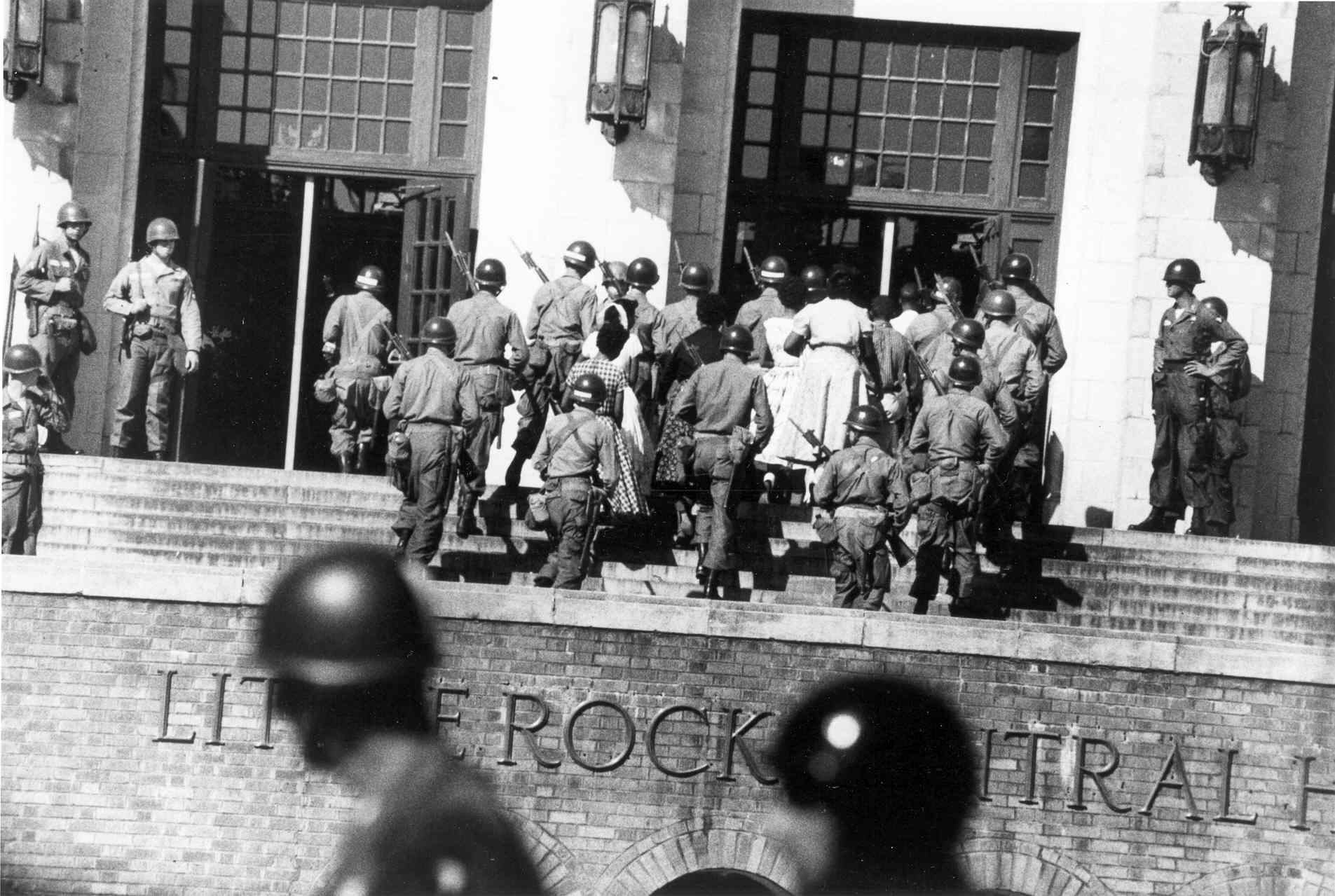Many of us know about Jim Crow laws and how they were the way that white people in the south could best oppress the people of color in the south after the Civil War. The Jim Crow laws that hindered the 15th Amendment such as poll tax are common knowledge but after doing some research there are some that are even more crazy than that and can only be described as downright ridiculous. In Georgia if you wanted to open a restaurant you had to decide if you wanted to be open to black or white customers, you couldn’t serve both.
The attitudes of white people towards black people at this time is almost unimaginable how they could be so cruel. The time they took to make these ridiculous laws that had absurd repercussions far outweigh the benefit they could have which was none. In Kentucky blacks and whites couldn’t consume alcohol at the same location and the punishment was up to two years in jail, which was likely only for black people.
Jim Crow laws were prevalent in the south but existed in all states even the most liberal northern states and cities like Chicago discriminated against black people in housing for example. After the civil war, as corrupt as it is, white people used politics to continue to oppress black people in America.


 February 7, 1942, was a day that changed America. Segregation and discrimination had reached a point that was no longer tolerable, and according to the Pittsburgh Courier, it was time for a campaign. The “Double V Campaign,” as it was called, stood for two victories for black Americans: a victory at home and a victory abroad.
February 7, 1942, was a day that changed America. Segregation and discrimination had reached a point that was no longer tolerable, and according to the Pittsburgh Courier, it was time for a campaign. The “Double V Campaign,” as it was called, stood for two victories for black Americans: a victory at home and a victory abroad.